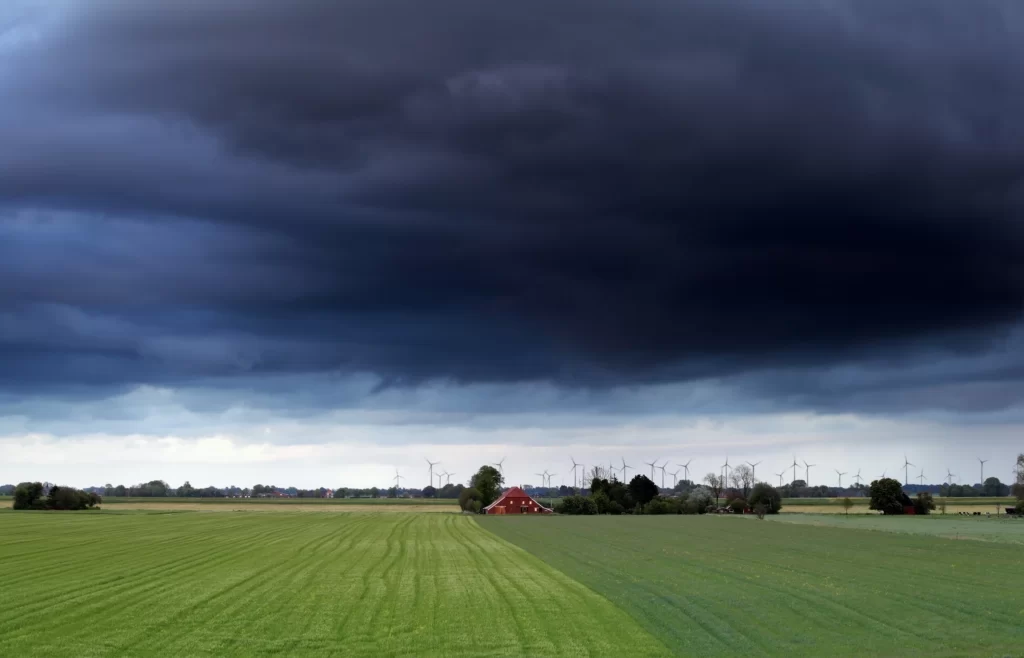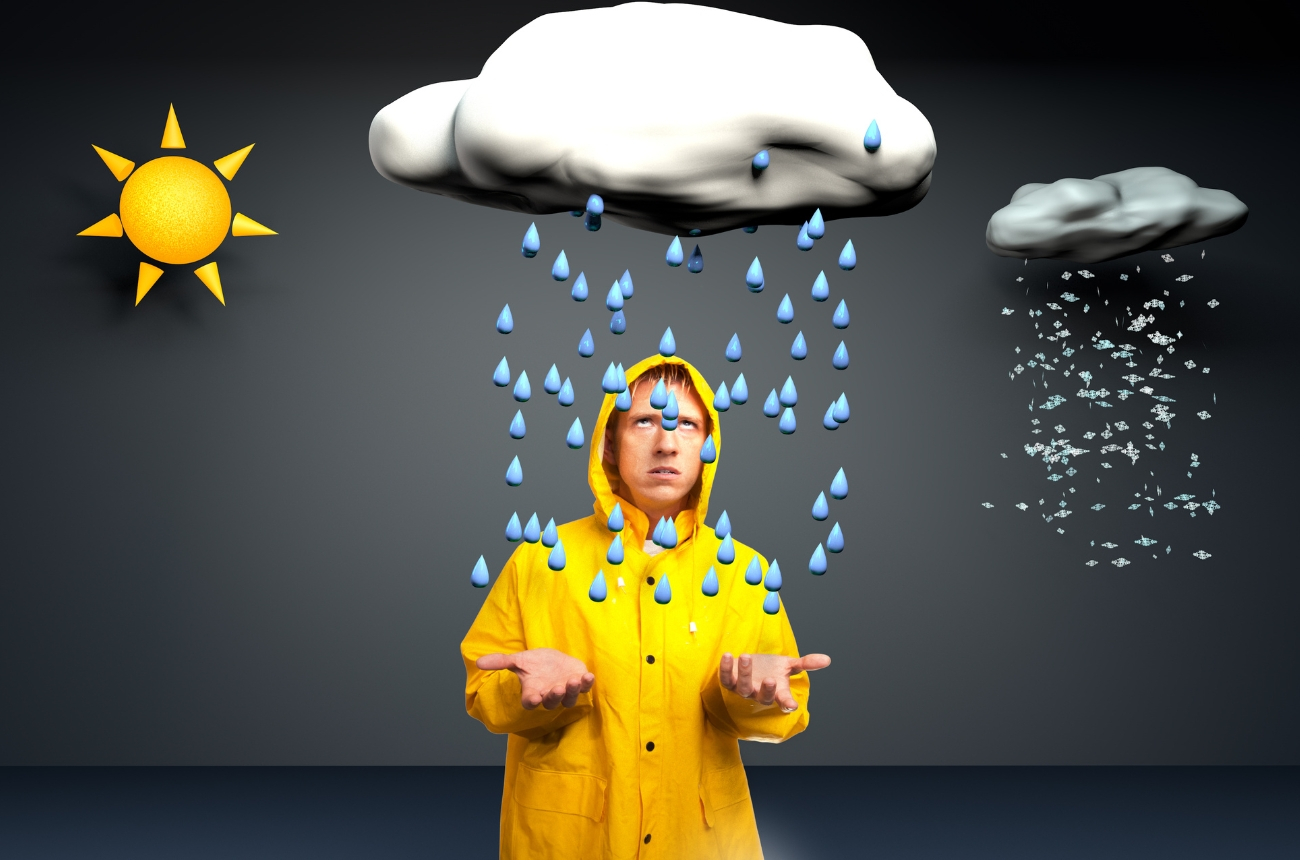Today’s business world brings with it the necessity of doing business in a complex and rapidly changing environment. Businesses need to utilise various resources to maintain or increase sustainability and competitive advantage in this dynamic environment. At this point, the process of making data-based decisions becomes a critical element that determines the success of businesses. It is precisely here that weather data stands out with its important contributions to the business world. In this article, we will take a closer look at how Weather Data helps businesses and influences their decisions.
The Power of Weather Data
Weather data plays a critical role in many industries such as agriculture, construction, energy, transport and air freight. This data can improve agricultural productivity, maintain construction project timelines, optimise energy production and ensure safe and efficient transport. Weather forecasts help businesses make more informed decisions, so they have a huge impact on business.

Strictly Current Information
Weather data provides businesses with precise information with instant updates. This data is essential for industries such as agriculture, construction, energy, transport and retail. Accurate forecasting of weather conditions is key to improving operational efficiency for many businesses.
For example, for the agricultural sector, information on which crops will be grown under which weather conditions increases productivity and minimises crop losses. The energy sector can also optimise energy production and distribution by taking weather conditions into account. This increases environmental sustainability as well as reducing energy costs.
Weather Data and Risk Management
Weather data is a critical part of risk management for businesses. Sudden changes in weather conditions can pose serious risks in many sectors, and minimising the effects of these risks is vital for businesses to maintain their sustainability and operational efficiency.
The construction industry is particularly vulnerable to the effects of weather conditions. Construction projects depend on specific processes and timelines. An impending storm, excessive rainfall or other weather events may signal the need to postpone projects. In this case, business owners and managers can get early warning using weather data. This ensures that workers are kept safe and equipment is protected, while also keeping project costs under control.
The agricultural sector is also highly sensitive to weather conditions. Agricultural products and crops can be directly affected by weather conditions. With the appropriate data, farmers can optimise harvest timing and determine irrigation requirements, thus increasing crop productivity.
Data is also important in the energy sector. Wind power and solar power generation depend on weather conditions. Wind speed, amount of sunlight and air temperature affect energy production capacity. Accurate weather forecasts provide energy producers with the opportunity to plan production and manage energy stocks.

Customer Service and Weather Data
Weather can greatly influence customer demands for retail and e-commerce businesses. Weather data helps businesses to adjust their inventory management and marketing strategies.
For example, a retail store can use data to adjust product stocks based on temperature, rainfall and seasonal factors. This provides an opportunity to better respond to customer demands and utilise resources efficiently. Likewise, e-commerce businesses can adapt their marketing strategies based on weather conditions. For example, promoting beach products when a sunny weekend is expected can increase customer demand.
Weather data is a powerful source of data that influences the strategic decisions of businesses. Precise and up-to-date weather information offers various advantages to businesses. Accurate weather forecasts minimise risks while increasing operational efficiency. It also increases energy efficiency and improves customer service. This data is likely to become even more important in the future of business. Businesses should therefore encourage access to and analyse this data so they can be better prepared for changing weather conditions.



